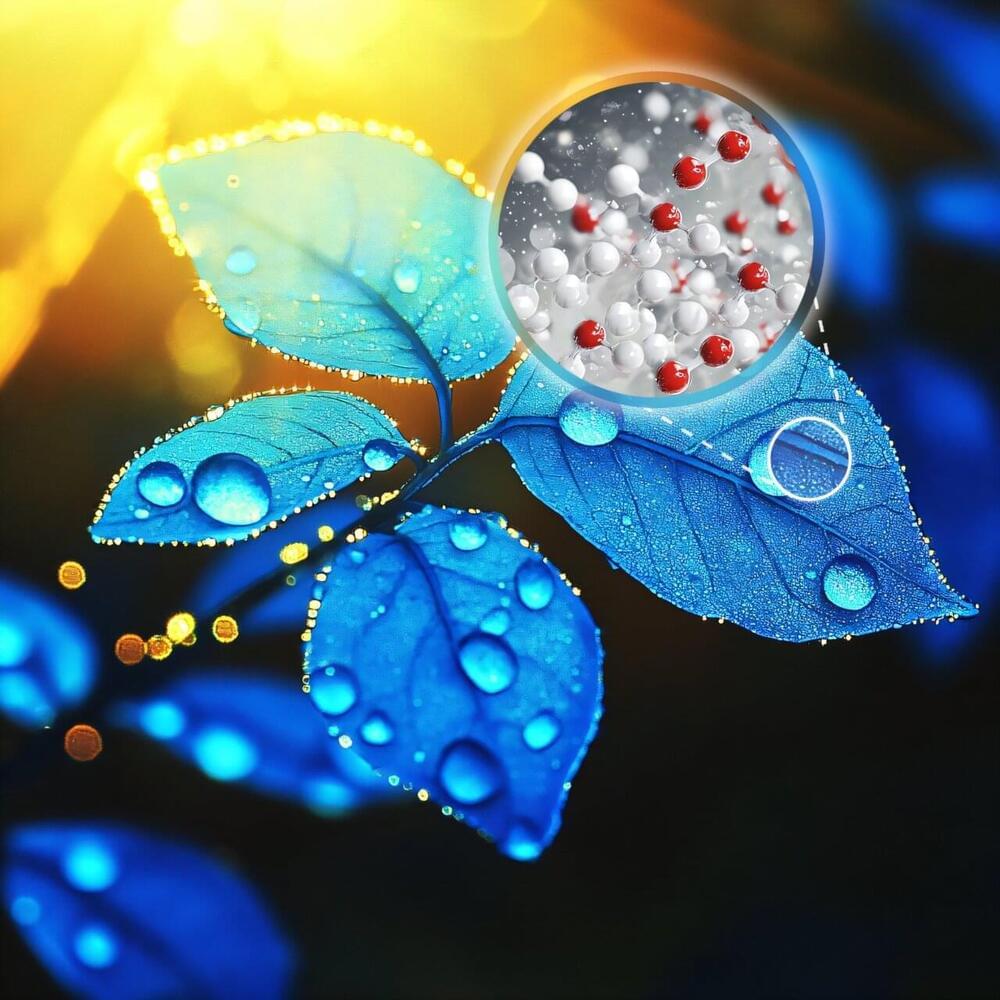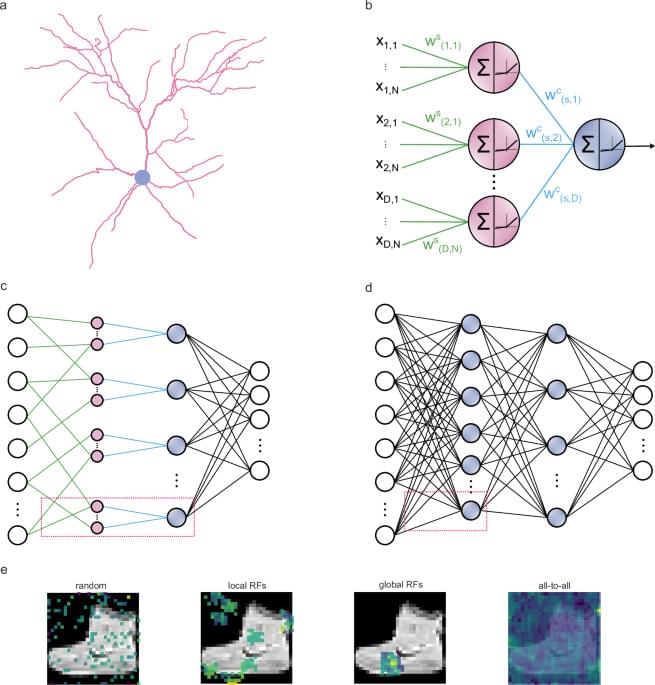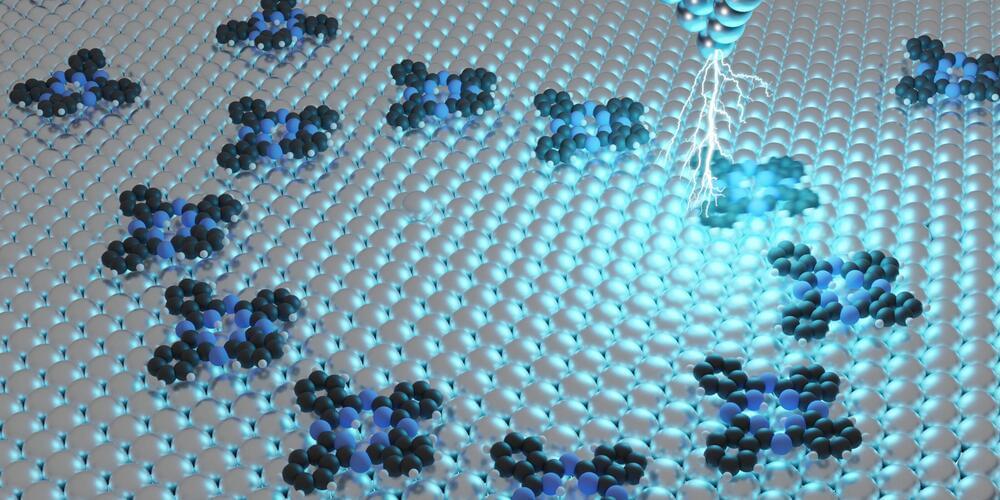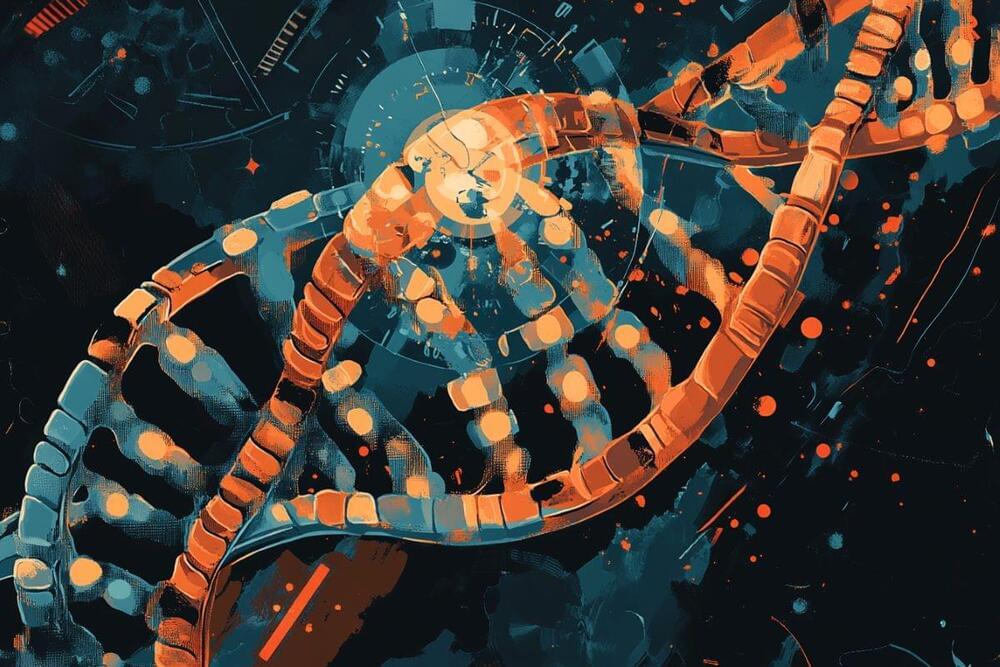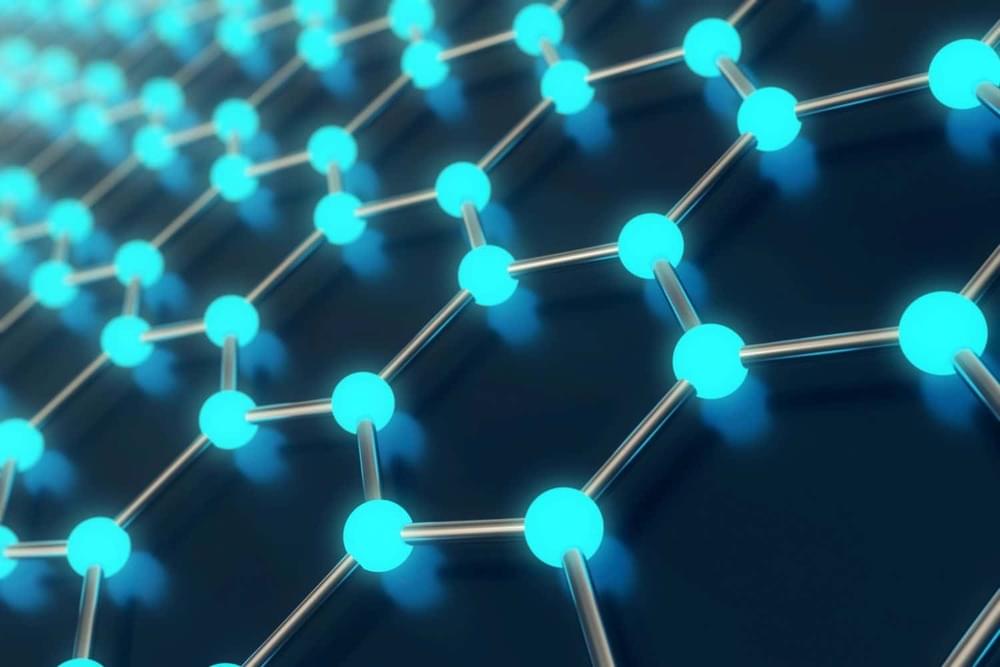Scientists have long sought to understand the exact mechanism behind water splitting by carbon nitride catalysts. For the first time, Dr. Paolo Giusto and his team captured the step-by-step interactions at the interface between carbon nitride and water, detailing the transfer of protons and electrons from water to the catalyst under light.
This discovery lays critical groundwork for optimizing catalyst materials for hydrogen production as a renewable energy solution. The findings are published in the journal Nature Communications.
Plants use light to generate fuels through photosynthesis—converting energy from the sun into sugar molecules. With artificial photosynthesis, scientists mimic nature and convert light into high-energy chemicals, in pursuit of sustainable fuels. Carbon nitrides have long been identified as effective catalysts in this ongoing quest. These compounds of carbon and nitrogen use light to break water into its constituent parts, oxygen and hydrogen—with hydrogen representing a promising renewable energy source.
